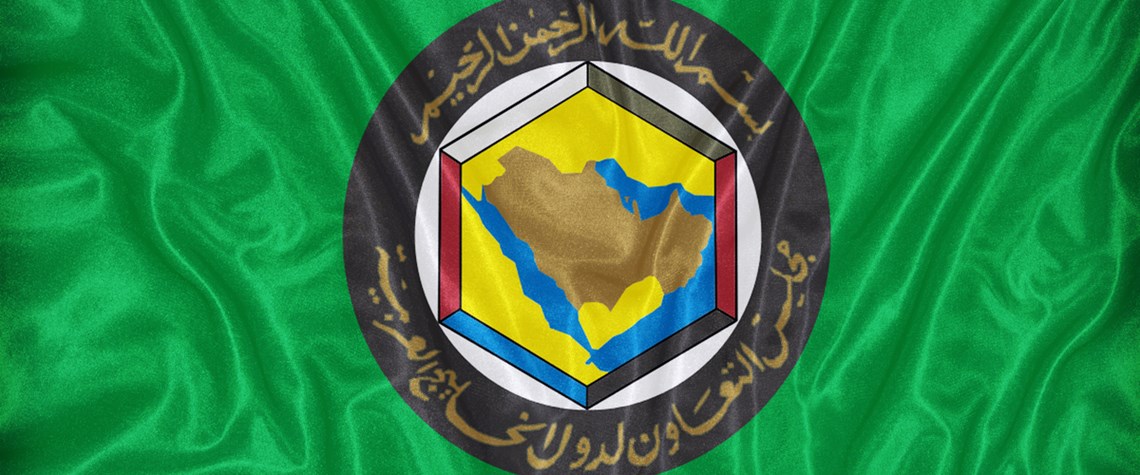Book review: GCC—a fatal schism
Through a combination of adroit use of its vast gas reserves and careful diplomacy, Qatar has learned how to survive life under blockade, a new book says
A book chronicling successful attempts to achieve intra-Arab cooperation would sit comfortably on a shelf of the world’s slimmest publications. But there is one relatively successful story—or rather there was: the Gulf Cooperation Council (GCC). In Qatar and the Gulf Crisis, Kristian Coates Ulrichsen argues that the surprise decision of Saudi Arabia and the UAE (with support from Bahrain and Egypt) to impose an economic and diplomatic blockade on Qatar in June 2017 may have dealt a fatal blow to the GCC. Three years later, the sorry state of affairs continues: three GCC states are still blackballing a fourth, while two (Kuwait and Oman) stand aside. So what is new? a cynic might ask. The GCC

Also in this section
18 February 2026
With Texas LNG approaching financial close, Alaska LNG advancing towards a phased buildout and Magnolia LNG positioned for future optionality, Glenfarne CEO Brendan Duval says the coming year will demonstrate how the company’s more focused, owner-operator approach is reshaping LNG infrastructure development in the North America
18 February 2026
The global gas industry is no longer on the backfoot, hesitantly justifying the value of its product, but has greater confidence in gas remaining a core part of the global energy mix for decades
18 February 2026
With marketable supply unlikely to grow significantly and limited scope for pipeline imports, Brazil is expected to continue relying on LNG to cover supply shortfalls, Ieda Gomes, senior adviser of Brazilian thinktank FGV Energia,
tells Petroleum Economist
17 February 2026
The 25th WPC Energy Congress, taking place in Riyadh, Saudi Arabia from 26–30 April 2026, will bring together leaders from the political, industrial, financial and technology sectors under the unifying theme “Pathways to an Energy Future for All”







